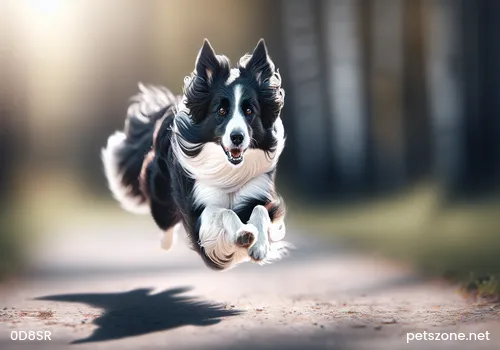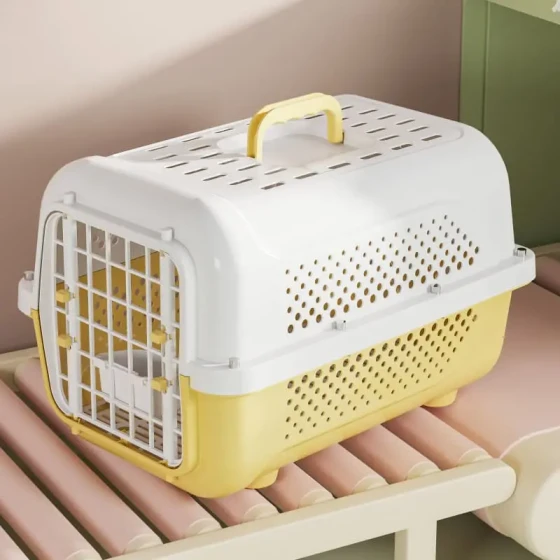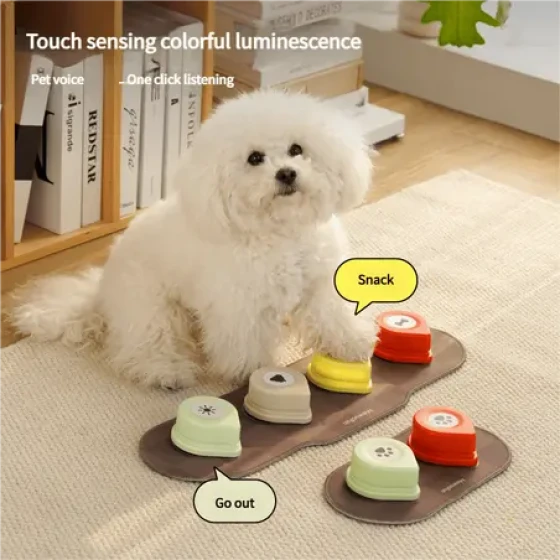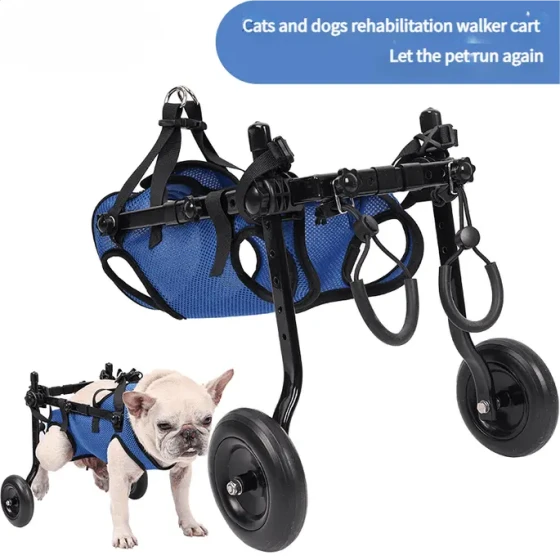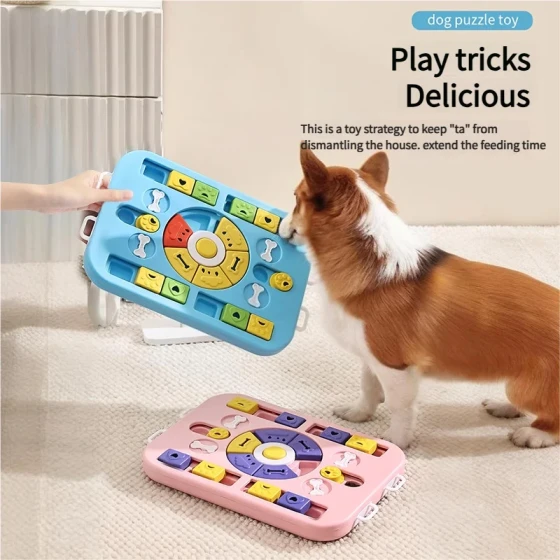What to do if a dog drools? What are the reasons for a dog drooling?
Dogs drooling feels very unhygienic. Also, the fur around the mouth gets wet easily leading to skin diseases. There are several situations causing dog drooling, such as oral diseases, requiring timely medical attention. What to do if a dog drools? What are the reasons for a dog drooling?
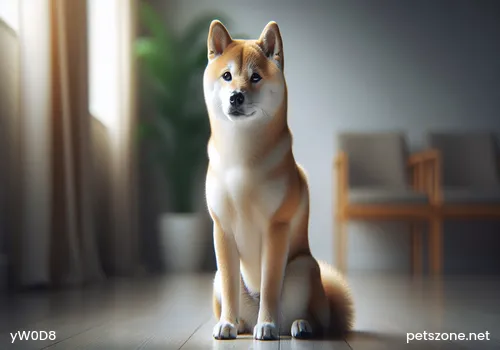
First, consider whether the dog drooling is due to physiological reasons. If not, consider other causes, such as illness!
If a dog encounters the temptation of delicious food, drooling is inevitable. After all, dogs have almost zero resistance to tasty food. Once given good things to eat, they forget past pain, so drooling at delicious food is very normal! Besides food, for example, when taking the dog out for a walk, excitement can also cause drooling!
When dogs are teething or growing new teeth, due to stimulation of the salivary glands, saliva production can significantly increase. If the dog's swallowing function isn't fully developed yet, excessive saliva may overflow from the mouth!
If the dog has undergone intense exercise, drooling can occur as saliva is secreted and the dog sticks out its tongue to cool down, leading to excessive drooling!
When dogs get older, the muscles around the mouth relax, and the mouth closure is not so tight, thus causing drooling!
If the dog suffers from motion sickness, drooling is an important signal. If the dog starts drooling once getting in the car, owners should pay attention and avoid continuing car rides!
If a dog has a weak constitution or is nervously stimulated, it may drool excessively, which can cause the dog to drool more often!
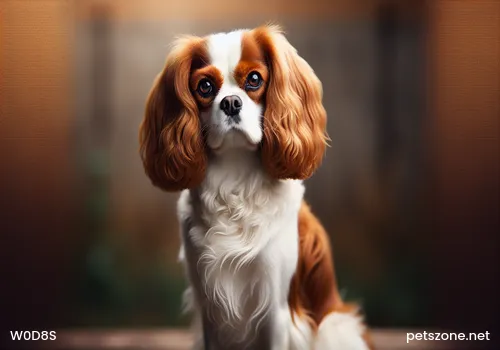
If the dog is not drooling due to physiological reasons, then one should consider if the dog is ill!
If the dog has oral diseases, drooling often occurs accompanied by bad breath. Diseases like periodontitis, lower jaw abnormalities, etc. can trigger this!
If the dog is left alone at home, it may drool due to missing its owner. In this case, to stop the drooling, the dog needs to get used to the situation, which can be helped by regular training!
If the dog has food poisoning, drooling will also occur, usually accompanied by vomiting and diarrhea symptoms! At this time, owners should take the dog to the vet promptly!
